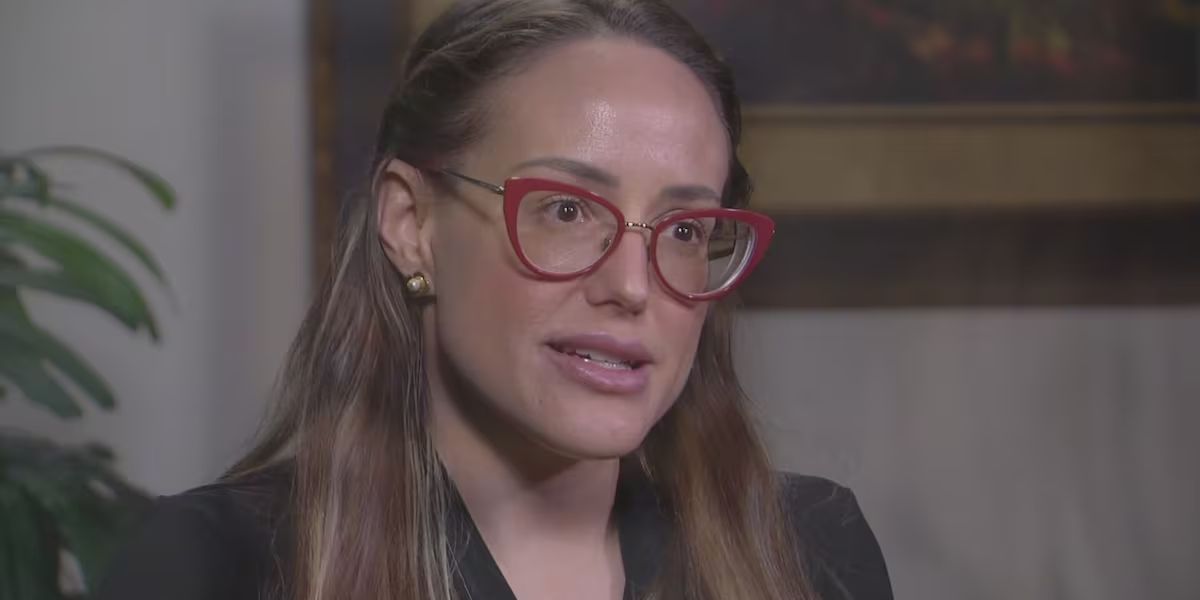Arizona Woman Shares Heartbreaking Story of Delayed Medical Care Due to Strict Abortion Laws
PHOENIX, AZ — Ashley Ortiz was a happy newlywed who was eager to establish a family with her husband. In July of last year, she received the news she had longed for. “We found out we were going to have a boy and everything looked great in terms of all the testing,” Ortiz said.
Everything changed during her 20-week ultrasound. She found out her pregnancy was not viable, and she was in pre-term labor.
Ortiz was admitted to a hospital. While her fetus had minimal chance of survival, she claims doctors told her it was illegal to give her medication to induce labor according to our state’s 15-week abortion prohibition.
“There was nothing they could do except wait for me to get really sick or the baby’s heart to stop,” Ortiz said. “It is very dangerous for people to go through that and also heartbreaking for the person, for me, and for my husband,” Ortiz added.
Two days later, on Christmas Eve, the fetus’ heart stopped. She was eventually given medication and delivered to him. However, Ortiz stated that she had difficulties as a result of the delayed care and required emergency surgery. “It was awful, both physically and mentally. Because of the damage and clotting, the procedure took roughly three times as long as it normally would,” Ortiz explained.
Ortiz’s tale is not rare in the wake of Roe v Wade’s overturning. Arizona’s existing abortion law permits procedures after 15 weeks for medical emergencies. While overturned, the 1864 abortion law could still go into effect briefly at the end of June. That law prohibits all abortions unless to preserve the mother’s life. Many doctors believe both abortion laws make pregnancies more hazardous.
“Clinicians and ladies will not know where the line is. We’re pushing individuals to the limit. Before you receive help, you must be on the verge of death. “For some women, it may be too late,” said Dr. Sharon Thompson, an OBGYN in the valley.
She shares the worries of many doctors around the country in states with abortion restrictions who are obliged to withhold care to pregnant patients with difficulties.
“Before we would counsel that woman about the risk for infection and offer her possible termination of pregnancy before she got sick.” Thompson went on to say. “Now we are in a situation where clinicians are worried about losing their license, about going to prison and harming their patients as well.” Ortiz considers herself lucky. Still, she is dealing with the pain of losing her baby, which was exacerbated by trauma that she claims was fully preventable.
“In that moment, I felt as if my life and rights were meaningless.” “I’ve been recovering from that,” Ortiz explained.











